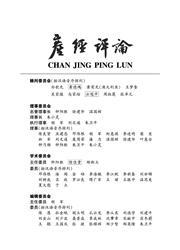

 中文摘要:
中文摘要:
城市水价改革的基本目标是实现水资源节约、企业成本回收和保障社会公平。运用2004-2011年中国36个大中城市相关数据实证分析现行递增型阶梯水价政策的实施效果,发现阶梯水价政策在一定程度上有助于促进水资源节约,但对实现成本补偿目标的作用非常有限,且恶化了不同收入家庭之间的相对公平。现有阶梯水价政策只能部分实现城市供水价格改革目标,有必要进一步推进市场化水价机制改革。
 英文摘要:
英文摘要:
The increasing block water tariffs is an important price reform policy that recently adapted by the government,and its basic aims is to achieve water conservation,cost recovery of enterprises and social fairness. On the test of effectiveness of the IBT policy,we found that its implementation may promote water conservation to some certain extent,but is helpless to achieve cost recovery of water supplying companies by charging users and would worsen the relatively fairness between different income families in the whole. Consequently,due to the design defects,the IBTs cannot achieve its basic aims effectively,urban water tariffs policy needs further improved and systematic designed to push market water tariffs reform.
 同期刊论文项目
同期刊论文项目
 同项目期刊论文
同项目期刊论文
 期刊信息
期刊信息
